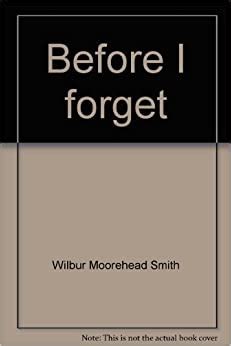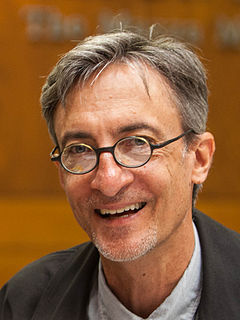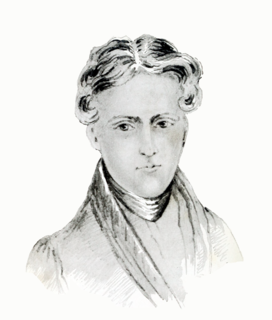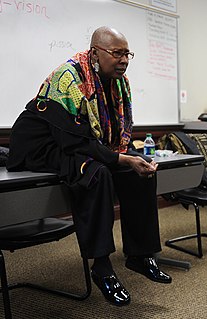A Quote by Elie Wiesel
Josiah has a tremendous reputation in the text. He rediscovered the Book of the Law; you remember how Hilkiah the High Priest somehow found it [2 Kings 22:8].
Related Quotes
[The Book of the Law]was lost for so many years. And then Josiah decided to celebrate Passover. The text says that "The Passover sacrifice had not been offered in that way ... during the days of the kings of Israel and the kings of Judah" [2 Kings 23:22]. What do you mean? Not in the days of David and Solomon? Never before? And what of the days of the prophets? What happened? That's what I'm anguishing over. If the Book of the Law could be forgotten for so many years, who knows what was done to it during those years? Maybe it was lost later, too.
When old companions, old lusts, and sins crowd in upon you, and when you feel that you are ready to sink, what can save you, sinking sinner ? This alone - I have a high priest in heaven, and he can support in the hour of affliction. This alone can give you peace-I have a high priest in heaven. When you are dying - when friends can do you no good - when sins rise up like spectres around your bed - what can give you peace ? This - "I have a high priest in heaven"
With vocal and choral music, first and foremost, it's the text. Not only do I need to serve the text, but the text - when I'm doing it right - acts as the perfect 'blueprint', and all the architecture is there. The poet has done the heavy lifting, so my job is to find the soul of the poem and then somehow translate that into music.





































